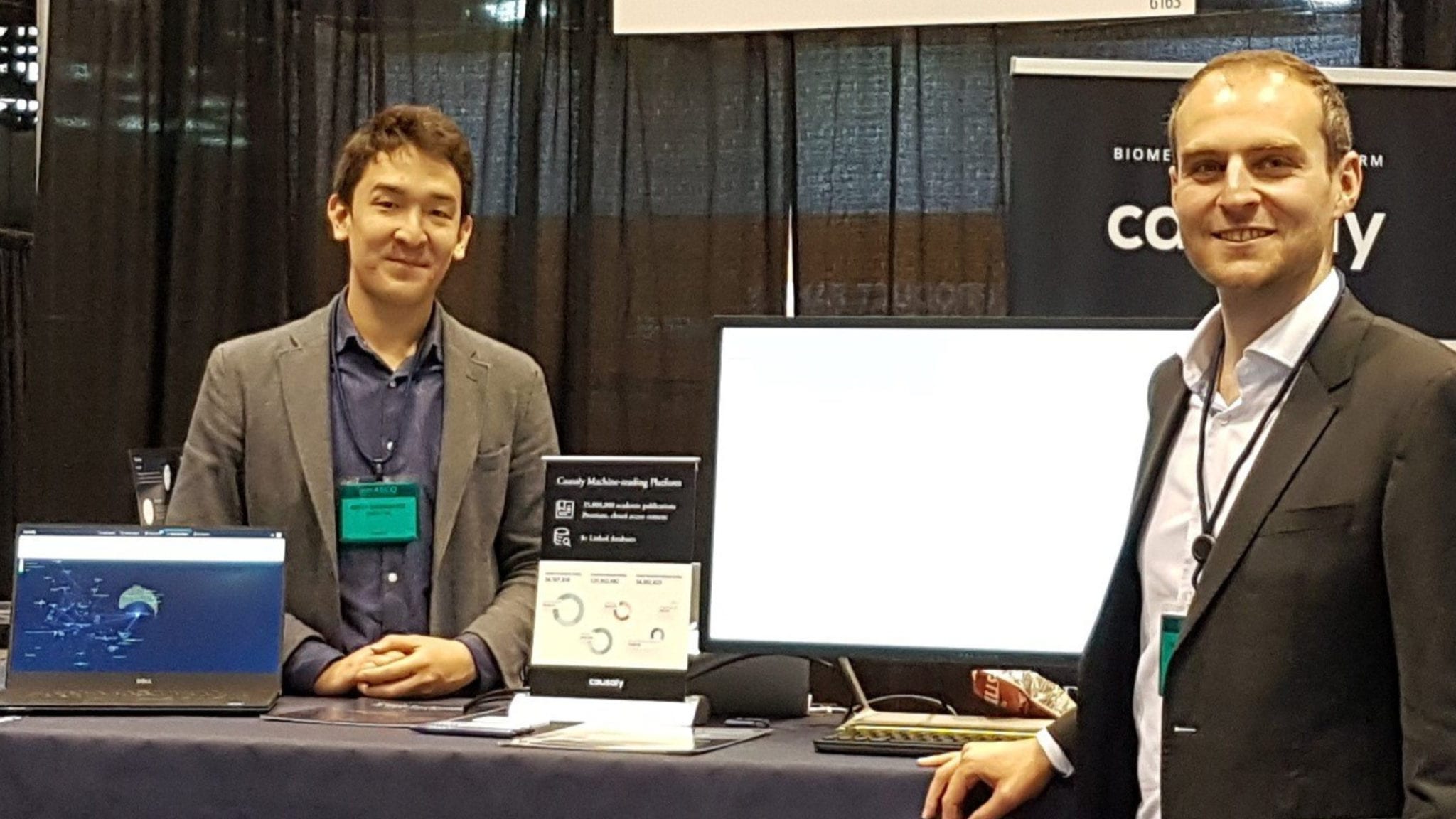
London AI upstart, which counts Novartis as a customer, can teach your computer to read
When Amazon developed a machine-learning tool to make its recruitment process more efficient — the man-made system absorbed the gender-bias of its human makers, and the project was aborted. In the field of biopharmaceuticals, the way researchers train their machine learning algorithms can skew the outcome of predictions. But before those predictions can be made, the engine must learn to read to make sense of explosive volume of knowledge out there.
Unlock this article instantly by becoming a free subscriber.
You’ll get access to free articles each month, plus you can customize what newsletters get delivered to your inbox each week, including breaking news.